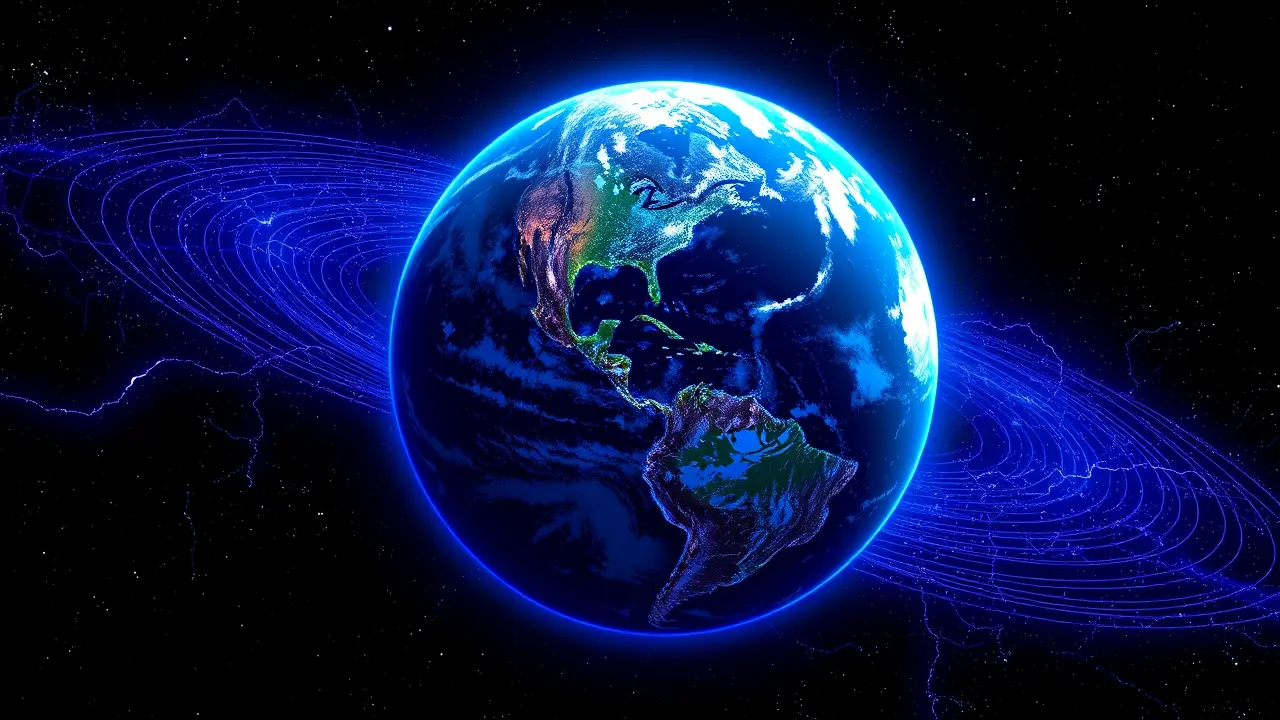
Scienceclimate scienceClimate Change
Climate change intensified India's 2024 heatwaves, Lancet finds.
RA
Rachel Adams
5 days ago7 min read
The findings from The Lancet's latest report land with the grim finality of a long-predicted diagnosis, confirming what our collective senses have already recorded: climate change was the primary engine behind a staggering one-third of India's heatwave days in 2024, a statistical truth that translates into a profound and escalating human crisis. This isn't an abstract meteorological event; it's a systemic shockwave rippling through the very foundations of public health and economic stability, a direct consequence of a warming planet we have been warned about for decades.Imagine the sprawling urban heat islands of Delhi and Mumbai, where the mercury doesn't just rise but seems to press down, a physical weight on the millions of outdoor laborers, street vendors, and rickshaw drivers for whom a day lost to extreme heat is a day without wages, pushing families already on the brink deeper into a cycle of poverty. The economic losses are staggering, measured not just in lost productivity and crippled agricultural yields, but in the silent, mounting bills of a healthcare system straining under the weight of heatstroke, severe dehydration, and exacerbated chronic illnesses.This is the visceral reality behind the Lancet's data—a narrative of vulnerability written in sweat and struggle. We've seen this script before, in the European heatwave of 2003 that claimed tens of thousands, and in the unprecedented Pacific Northwest 'heat dome' of 2021, yet the global response remains fragmented, a cacophony of delayed promises against the relentless drumbeat of rising global temperatures.The science is unequivocal, drawing a straight line from the cumulative emissions of the industrialized world to the scorching pavements of Indian cities, making this a crisis of both ecology and equity. As a biologist who has followed the slow, unyielding march of climate data, this report feels less like a revelation and more like a eulogy for a stability we once took for granted, a stark reminder that the time for incremental change has passed.The consequences are already here, etched into the faces of farmers watching their crops wither and the charts of hospitals overwhelmed by heat-related admissions. Without a radical, immediate shift in global policy and a concerted effort to transition away from fossil fuels, the 2024 heatwaves will be remembered not as an anomaly, but as the ominous new baseline from which future, even more devastating extremes will be measured, a future we are, with tragic shortsightedness, actively choosing.
#lead focus news
#climate change
#heatwaves
#India
#Lancet study
#health impacts
#economic losses
#extreme weather
Stay Informed. Act Smarter.
Get weekly highlights, major headlines, and expert insights — then put your knowledge to work in our live prediction markets.
Related News
© 2025 Outpoll Service LTD. All rights reserved.












